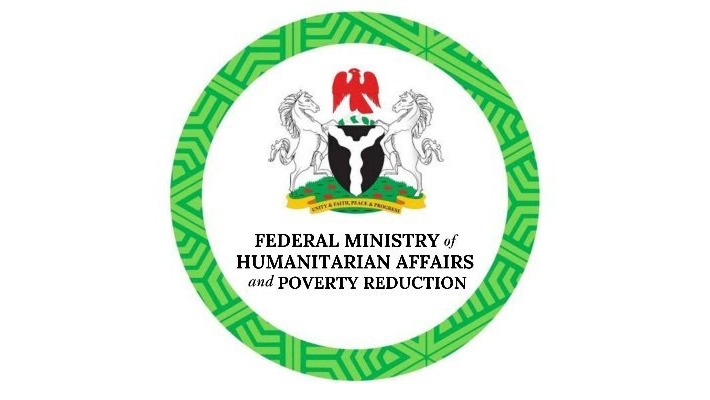The Minister of Humanitarian Affairs and Poverty Reduction, Dr. Bernard Doro, announced the progress on Tuesday in Abuja during the inauguration of the Act Naija Project National Steering Committee, a civil society-driven initiative designed to strengthen Nigeria’s social protection system.
Dr. Doro described the achievement as a major milestone in the government’s efforts to improve the country’s social protection framework and reinforce its commitment to reducing poverty under the Renewed Hope Agenda.
He explained that the update forms part of ongoing social programmes such as the Conditional Cash Transfer, Grant for Vulnerable Groups, N-Power, and GEEP.According to him, programmes like the Home-Grown School Feeding Programme and the National Social Safety-Net Coordination are also key pillars of the current strategy.
He added that microcredit schemes have supported over 5 million Nigerians, especially women and young people across all 774 local government areas.
Dr. Doro noted that consultations are ongoing to review and update the National Social Protection Policy (NSPP) in order to reflect current socio-economic realities and harmonise interventions across ministries and agencies.
Zonal consultations, he said, have been completed in the South-West, North-Central, North-West and North-East, with the South-East and South-South expected to finish before the end of November.
Speaking further, the minister highlighted the government’s efforts to expand opportunities for young people, saying the ministry recently concluded its Skill-2-Wealth Programme, which trained unemployed youths across all six geopolitical zones.
The training covered solar panel installation and maintenance, greenhouse farming, and automobile technology, in partnership with GAC Motors.
He also revealed that the ministry is working with development partners to strengthen Nigeria’s shock-responsive and adaptive social protection systems. A draft Shock Responsive Social Protection (SRSP) Standard Operating Procedure, developed with support from the World Food Programme, is currently under review. Once approved, it will guide coordinated responses to emergencies such as pandemics, displacement, climate shocks and other crises.
Dr. Doro reaffirmed the government’s commitment to building “a coordinated, accountable and resilient social protection system” that safeguards vulnerable Nigerians while supporting regional development efforts across West Africa.
He added that the Act Naija Project aligns with the Renewed Hope Agenda by empowering vulnerable households, ensuring transparency and delivering measurable results.
He urged committee members to uphold integrity, professionalism and collaboration as they carry out their duties.Speaking on behalf of the Act Naija consortium partners, the Executive Director of the African Network for Environmental and Economic Justice (ANEEJ), David Ugolor, described the inauguration as a significant step forward for Nigeria’s social protection landscape.
He emphasized that while social protection is crucial for breaking poverty cycles and promoting inclusive growth, its impact depends on strong coordination among government, civil society, private sector and development partners.
The newly inaugurated committee, he said, will help align policies and partnerships for long-term success.The Deputy Executive Director of ANEEJ, Mr. Leo Atakpu, presented findings from a baseline study assessing intervention coverage, institutional capacity and coordination mechanisms across six states and the FCT.
The assessment covered Borno, Delta, Ekiti, Enugu, Kogi, Ondo and Osun states.According to him, the states face similar challenges, including lack of disaggregated data, low public awareness and weak digital targeting systems. He noted that the new committee will help address these gaps and improve government efforts.
The steering committee members were drawn from the six states assessed. The consortium partners include Bread for the World (Germany), New Initiative for Sustainable Development (NSID) and ANEEJ.



